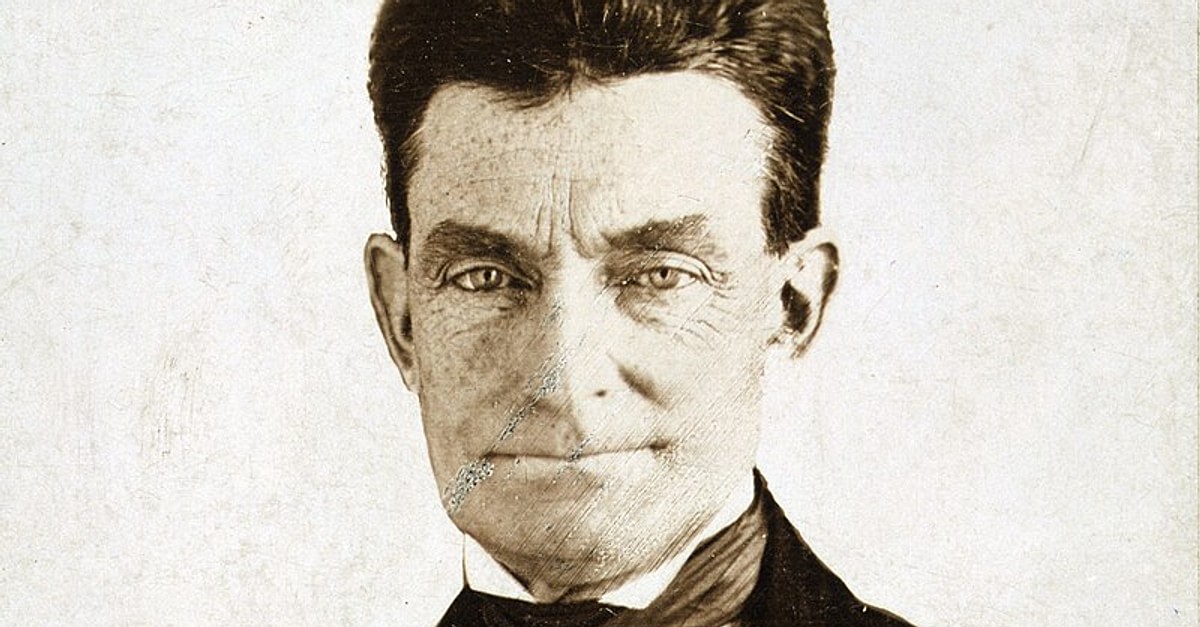
"John Brown's upbringing as the son of staunch abolitionists shaped his fervent opposition to slavery, which fueled his actions during Bleeding Kansas and at Harpers Ferry."
"The raid on Harpers Ferry was a pivotal event that galvanized abolitionist sentiment and contributed significantly to the onset of the Civil War."
"Debate surrounding John Brown's legacy as either a hero or a terrorist continues, highlighting the complexity of moral narratives in American history."
"Despite his controversial methods, contemporary scholarship largely views John Brown as a hero, with his legacy commemorated through various forms of media and public recognition."
John Brown, a militant abolitionist, was pivotal in the events leading to the American Civil War. Born to fervent abolitionists, he developed a profound hatred for slavery, believing he was divinely called to end it. His infamous raid on Harpers Ferry in 1859 served as a catalyst for Southern secession. This event polarized opinions on Brown, casting him either as a hero or a terrorist. Over time, the prevailing view has leaned towards recognizing him as a hero, with his legacy perpetuated through cultural representations in books, films, and memorials across the United States.
Read at World History Encyclopedia
Unable to calculate read time
Collection
[
|
...
]